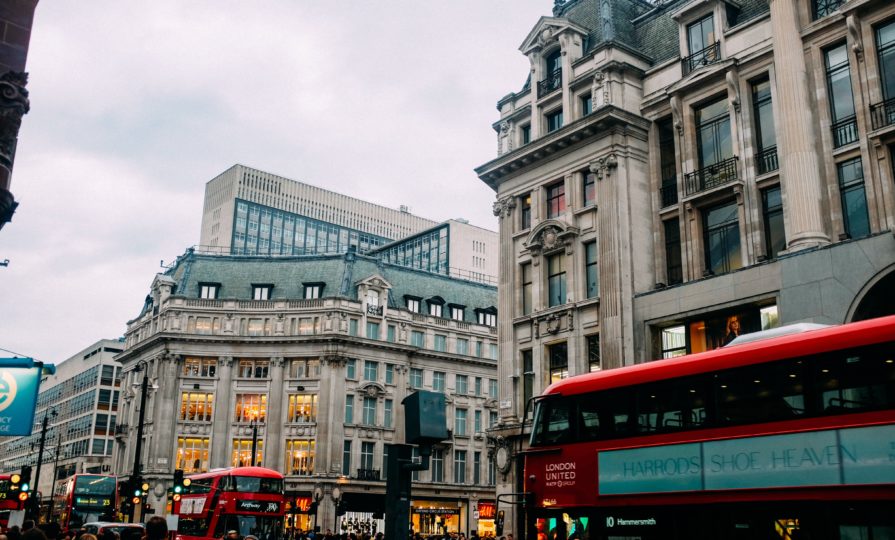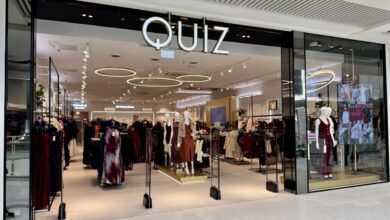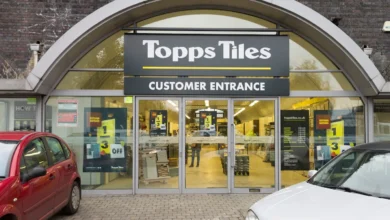Retail sales flatline in rainiest February on record
While the latest figures were still ahead of expectations for a 0.4% decline, food and fuel sellers felt the decline in transactions the most during February

Register to get 1 free article
Reveal the article below by registering for our email newsletter.
Want unlimited access? View Plans
Already have an account? Sign in
UK retail sales experienced no growth (0.0%) in February, down from 3.6% in the month prior, as wet weather discouraged store sales, according to the latest figures released by the ONS.
While the latest figures were still ahead of expectations for a 0.4% decline, food and fuel sellers felt the decline in transactions the most during February.
Meanwhile, online sales grew during the month, especially for clothing, as wet weather throughout February affected footfall at physical stores.
According to the ONS, clothing retailers and department stores saw sales rise due to the release of new season collections.
However, this growth was offset by falls in food stores and fuel retailers.
Heather Bovill, senior statistician at ONS, said: “Retail sales were flat in February. There was growth in clothing, which rebounded after recent falls as people invested in the new season’s collections, as well as department stores.
“However, these were offset by falls in fuel sales, possibly affected by rising prices, and a reduction in food sales. Many shops told us that the wet weather hit in store sales, with online instead seeing a boost.”
Kris Hamer, director of insight at the British Retail Consortium, added: “February sales were hit by the wettest February on record, which dampened demand and depressed footfall. Retailers are hopeful that with warmer weather and potential interest rate cuts around the corner, consumer confidence will soon spring back.
“A strong retail industry is essential for boosting investment in town and city centres nationwide. The next government must address the high and rising cost burdens that retailers face, now and in the future. Without action, these costs continue to hold back investment in shops, in more jobs and lower prices across the country – meaning it is the consumers who ultimately pay the price.”







